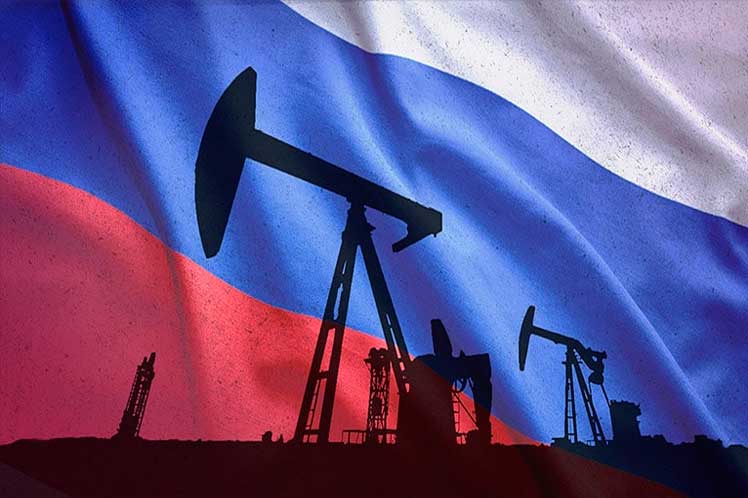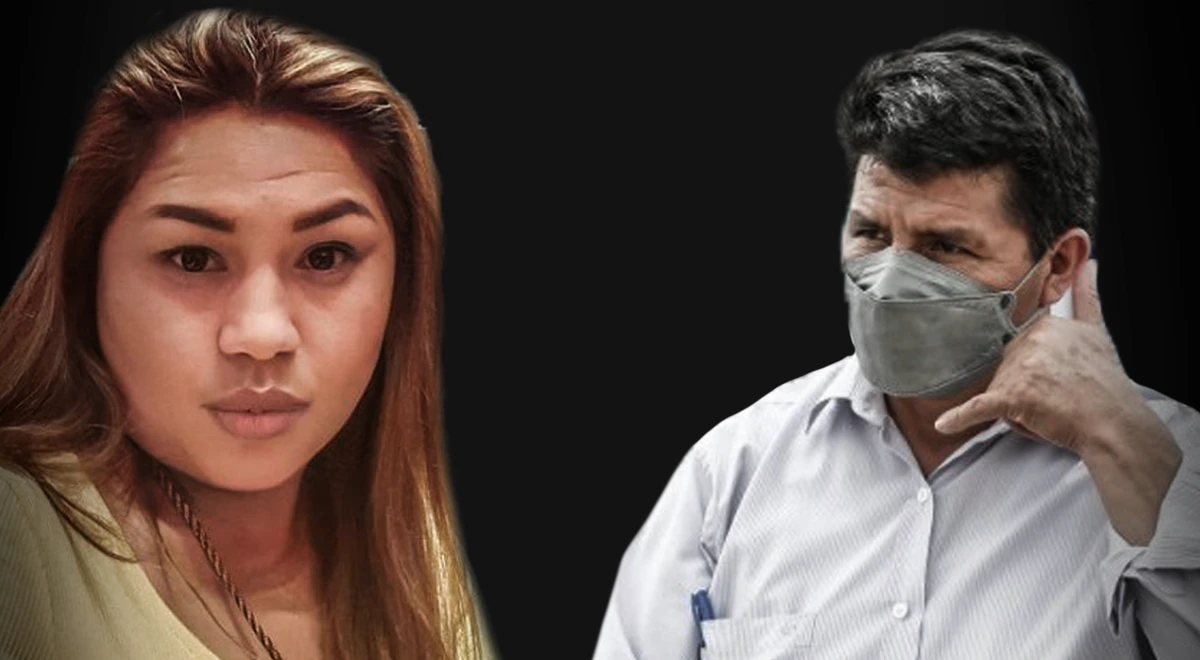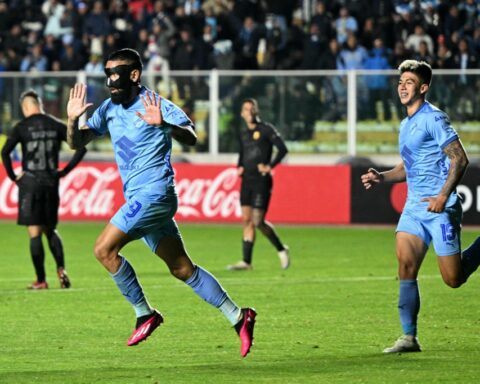“Today’s talks will allow us to make our assessment by the end of next week,” Commission chief Ursula von der Leyen told a news conference alongside Ukrainian President Volodimir Zelensky.
The Ukrainian government seeks to obtain a “legal commitment” from the EU to examine its candidacy, as a way to reduce the vulnerability of the country confronted since February 24 with the Russian invasion.
There are expectations that the study of the candidacy will receive the green light at the bloc’s next summit, on June 23 and 24.
But senior officials in the EU and some of its 27 member states have warned that the admission process could take years or even decades.
Von der Leyen stressed that the former Soviet republic “has made progress in strengthening the rule of law, but still needs to implement reforms to fight corruption.”
Zelensky replied that the fate of the EU is largely at stake in Ukraine.
“Russia wants to destroy European unity, wants to divide Europe and weaken it. All of Europe is a target of Russia. Ukraine is only the first step in this aggression,” she stated.
In video remarks broadcast overnight, Zelensky added that candidate status will be “a starting point,” with a long process of negotiations and reforms.
However, he said his government will work “even harder at all levels to get the decision right.” “It is very important for us”.
This visit by Von der Leyen – the second since the start of the war – coincides with the intensification of fighting in the Donbas region (east), partially controlled by pro-Russian separatists since 2014.
“DEVASTATE EVERY CITY IN THE DONBAS”
Zelensky’s office reported nightly “bombings” by the “occupants” in the Kharkov region, as well as in Lugansk and Donetsk, the two provinces that make up Donbas.
Likewise, “all the main cities in the free territory” of Donetsk have been “without electricity” since Saturday night, according to the military administration of the area.
An AFP photographer reported artillery duels during the day around Severodonetsk.
Taking this city would open the way to Kramatorsk for Moscow, an important stage in conquering the entire Donbas basin.
“The enemy” tries to “intensify the concentration of its troops”, but the Ukrainian forces resist “successfully” in Severodonetsk, near Metiolkiné, where “the occupiers have retreated”, and “near Popasna”, indicated the Ukrainian General Staff .
“Russia wants to devastate every city in Donbas, every one of them, without exaggeration,” Zelensky said on Friday.
Meanwhile, the Ukrainian president indicated on Saturday night that “intense street fighting continues in Severodonetsk”, while noting the reconquest by Ukrainian forces of towns such as Tavriiske, in the Kherson region, and Zaporizhia.
The governor of the Lugansk region, Sergei Gaidai, described on television a “difficult” situation in Popasna, Severodonetsk and near the Donets River, the level of which has dropped so low that he fears new Russian attempts to cross it and establish a new bridgehead near it. Bilohorivka.
In Severodonetsk, the Ukrainian defense is entrenched at the site of an Azot chemical plant that “is being heavily shelled for hours,” according to the governor.
“It is difficult”, added Gaidai, “no evacuation is possible” because although there are still doctors in the hospital and supplies of fuel, water and medicine, “it is impossible for the ambulance to work”.
The surroundings of the city of Chortkiv, in the Ternopil region of western Ukraine, were also shelled at night, regional governor Volodymyr Trouch said.
“UNDER BOMBING”
In Lysychansk, residents explained to AFP their difficult choice: endure the shelling or flee and abandon their homes.
Yevhen Zhyryada, 39, said the only way to get water was to go “under shelling” to a distribution center. “This is how we survive,” he added.
A separatist leader from Lugansk, Leonid Pasechnik, admitted that “Severodonetsk has not been 100% liberated”.
“At the moment, we are not able to control the industrial zone,” Pasechnik told AFP during a visit to a Russian military hospital under construction in the region.
“But we will reach our goal, we will liberate the industrial zone, Severodonetsk… and Lysychansk will be ours,” he added.
“Russia still has sufficient potential to wage a long war against our country,” said the military information department of the Ukrainian Defense Ministry.
The United States and the EU gave strong support to Ukraine, supplying it with weapons and supporting its economy.
But Ukraine is calling for more long-range weapons and an embargo on imports of Russian hydrocarbons, on which many European countries so far depend.
GLOBAL FOOD RISK
The consequences of the conflict have repercussions on a global scale, especially in the food market, given the important role of Ukraine and Russia as exporters of wheat.
Ukraine’s sea outlets are de facto blocked, preventing the export of millions of tons of the grain.
In a video before the Shangri-La forum in Singapore, Zelensky warned that if his country does not resume exports, “the world faces a severe food crisis, including famines” in countries in Asia and Africa.
On his side, Chinese Defense Minister Wei Fenghe on Sunday reiterated Beijing’s position on the crisis: “In the Ukrainian crisis, China has never provided material support to Russia.”
At the security forum, he added that China supports peace negotiations and hopes that “NATO will have talks with Russia.”
Ukraine’s Western allies have warned China, which has yet to condemn the Russian invasion, not to offer any support to Moscow.
The UN and several countries are trying to open a maritime corridor to allow exports.
An adviser to French President Emmanuel Macron said on Friday that France was ready to help secure access to the Ukrainian port of Odessa.
STRENGTHENING THE EASTERN FLANK OF NATO
The Russian invasion has put European countries on edge, with nine of them calling on NATO on Friday to reinforce its eastern flank.
The leaders of Bulgaria, the Czech Republic, Estonia, Hungary, Latvia, Lithuania, Poland, Romania and Slovakia met in Bucharest less than three weeks before an alliance summit in Madrid.
“In view of the increased security risks in Romania and the Black Sea, the consolidation of NATO on its eastern flank (…) is even more urgent and crucial,” said Romanian President Klaus Iohannis.
Russia has repeatedly warned the United States and its NATO allies against any temptation to get involved in the conflict, even evoking the risk of nuclear war.






